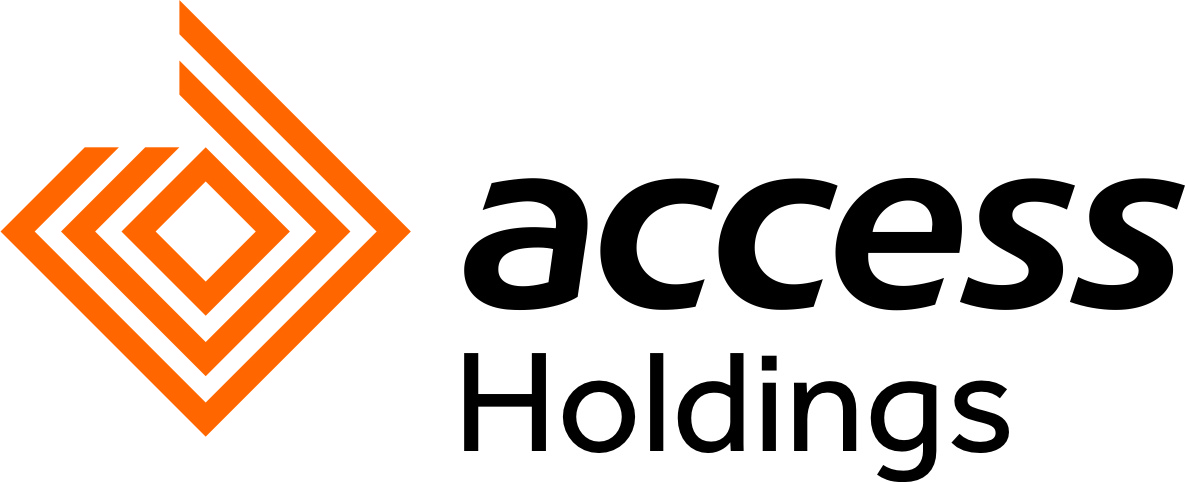
San Francisco-based artificial intelligence (AI) startup has closed $1.1 million USD ($1.5 million CAD) in pre-seeding financing to bring its software bug-catching platform to market.
The startup, founded by two Canadians, secured the all-equity round in late September. It was led by Canadian early-stage venture firm Panache Ventures, with participation from Feld Ventures, Y Combinator (YC), and angel investors from Uber and Facebook, including Juan Lopez Marcano, a machine learning software engineer at Uber. While at Uber, CTO Anam Hira helped develop an LLM-based testing framework that saved the company more than $25 million in just four months.
Revyl has developed a platform that allows development teams to catch and triage bugs before they reach production. In an interview with BetaKit, CTO and co-founder Anam Hira explained that bugs can take days, sometimes weeks, to find, depending on the issue. Revyl’s platform uses AI to accelerate the triaging process by pinpointing user interface or microservices failures while minimizing test maintenance efforts.
The startup was founded earlier this year by CEO Landseer Enga and CTO Anam Hira, two Canadians who studied and lived together while attending the University of British Columbia. The idea for Revyl stemmed from Hira’s time at Uber, where he worked for two years, initially as a software engineering intern in 2022, and eventually a machine learning engineer. During his time at Uber, Hira helped develop , a large language model-based mobile testing framework that could perform mobile tests.
Uber launched DragonCrawl in 2023, and Hira claims the solution saved the company more than $25 million in just four months. Hira said after Uber published a paper on the solution, the company received inbound interest from other large tech companies that were facing similar problems with end-to-end testing and losing revenue as a result. “From there, I knew that everyone’s having this problem, and [I needed] to make a company out of it.
I hit up Landseer, quit my job at Uber, and now we’re working on a solution that could be used [at] every company,” Hira said. End-to-end testing is just half of Revyl’s platform, according to Enga, who explained that Revyl’s tech connects end-to-end tests with open telemetry data, which refers to information collected from apps to help developers monitor and understand how their systems are working. By linking tests with telemetry tracing, Hira said developers can quickly identify and resolve specific failures in complex environments, which drastically reduces troubleshooting time.
“The approach to applying generative AI to end-to-end testing that Anam helped pioneer at Uber was nothing short of revolutionary,” said Chris Neumann, partner at Panache Ventures, who last week to depart the firm at the end of this year. “We’re excited to partner with Revyl and support them as they bring this exciting technology to the masses.” The funding round also coincides with Revyl joining the current batch of YC.
The American startup accelerator that has helped launch companies like AirBnB, Coinbase, and Stripe, announced it would launch its Fall 2024 batch in August (YC has historically run cohorts in the summer and winter). YC’s Fall 2024 cohort began in late September, and will culminate in a demo day in December. Hira said he is expecting that the accelerator’s mentorship and networking opportunities will prove very beneficial to Revyl.
Revyl wants to focus on selling its solution to enterprise companies where reliable, high-performance production environments are essential. The startup has already begun piloting its tech with its first set of customers, but since negotiations are still underway, the co-founders declined to disclose company names. Enga did note, however, that the startup is already “working with some of the biggest companies.
” The new capital will be used to help bring Revyl’s product to market, and grow the team, which currently sits at five. While Revyl is currently scaling out of San Francisco, its co-founders don’t plan to set aside their Canadian roots. “We want to be mindful that we got our start in Canada,” Enga said.
He hopes to eventually have an office in Vancouver, following in the footsteps of founders like Dennis Pilarinos, who got his start at Apple but eventually returned to Vancouver to launch his DevOps startup Unblocked. Enga also shared his excitement about having a Canadian venture firm lead Revyl’s pre-seed round. “Historically, Canada is notorious for having bad VCs, and Panache is really leading the way by .
.. getting behind people with ambitious ideas,” he said.
“You don’t see enough of that in Canada.”.














